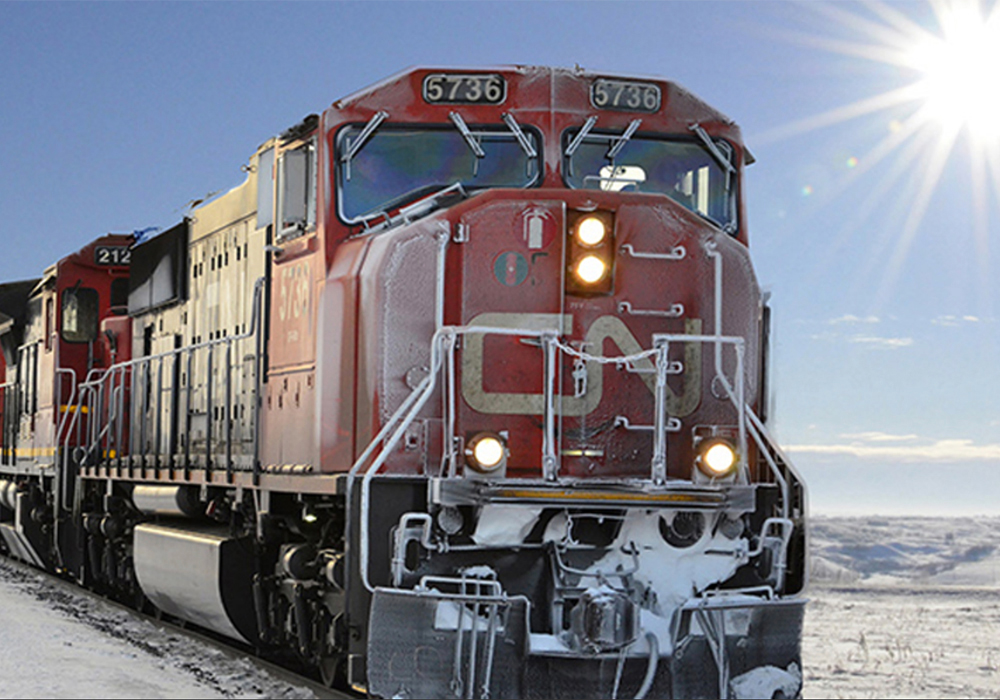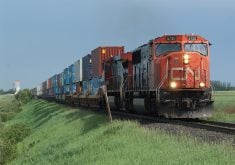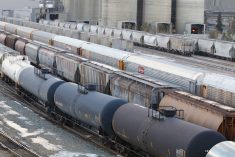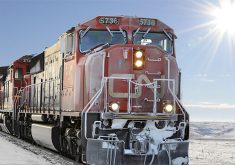WINNIPEG — Trains move grain, but it takes people to move trains.
As railroad companies struggle to fill vacancies in their sprawling workforces, Canadian National Railway vice-president Janet Drysdale encourages people to consider careers in railroading.
“If there’s one single thing we can do to ensure the collective growth of the industry, and of the Canadian economy overall, it is to attract more people into the rail industry,” said Drysdale as she helped open the Canadian Crops Convention earlier this month.
“We’re trying to hire about 700 people just in (the next three months) alone.”
Read Also

Phosphate prices to remain high
Phosphate prices are expected to remain elevated, according to Mosaic’s president.
Smaller crops in recent years have reduced stress on railways as Western Canada’s production has been blighted by drought and weather problems. What would happen if Canada produced a good crop across most of its arable land this year? Could the system handle the extra production that would be channelled down North America’s rail system?
Despite agronomic challenges, Canada still produced 18 million tonnes of canola in 2023, exported seven million tonnes of canola seed and shipped additional canola oil and meal.
Genetic gains in canola, wheat, durum, barley, oats and other crop varieties could see record yields if there was good weather across the West.
Drysdale noted that CN has 2,300 employees in Winnipeg alone. Every week it sends 300 to 350 new hires through its national training centre based in Winnipeg. Attracting and retaining talent is an ongoing priority for railroad companies.
Before the convention, CN held a Women in Railroading event at its training centre, designed to highlight the role of railroads in agriculture and related industries and encourage women to consider railroading as a career.
Labour challenges are rife in the agriculture industry, so railway struggles with staffing are far from isolated. But it is a worrisome element given their role in getting farm commodities to markets.
Drysdale said she hopes to see improved interest in railroading among young people, who have many other career opportunities in today’s economy.
“I’ll be at the back taking applications,” she joked.
















